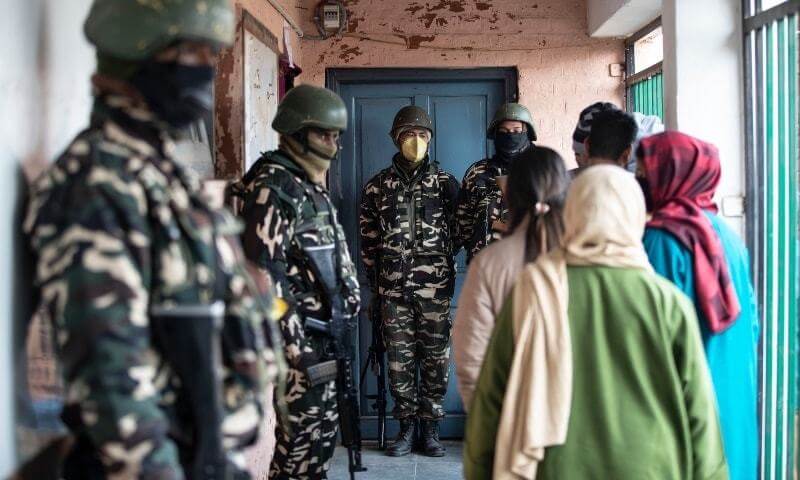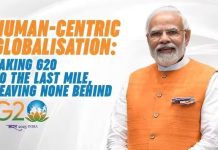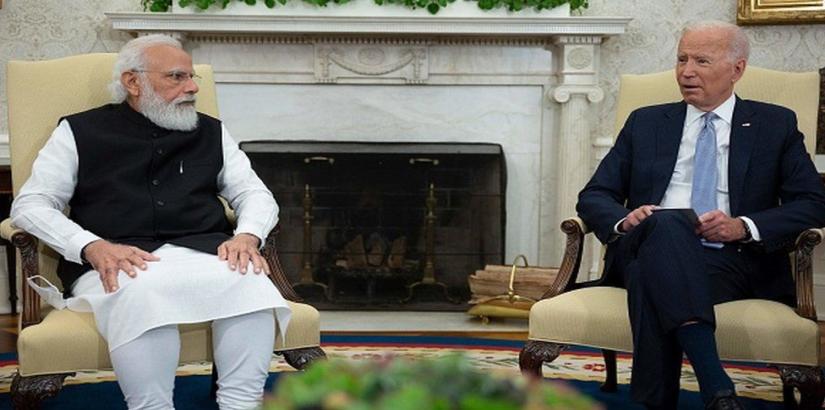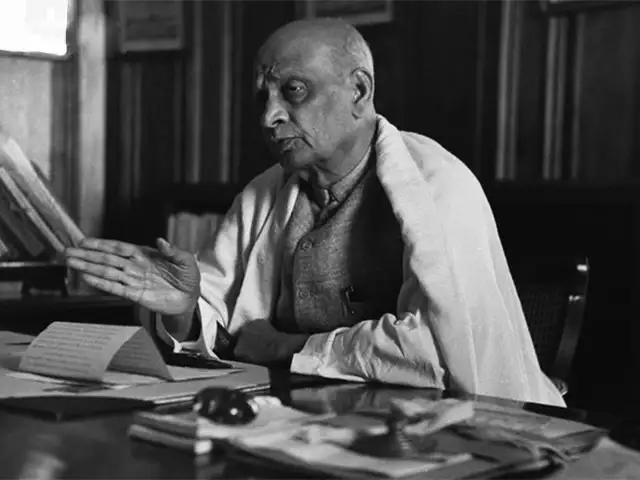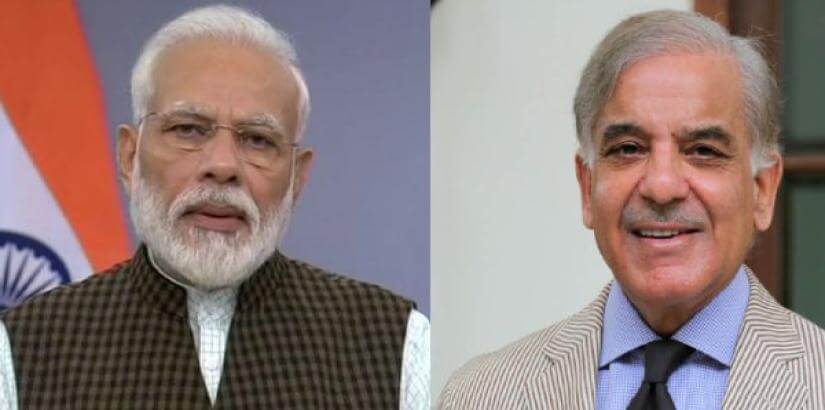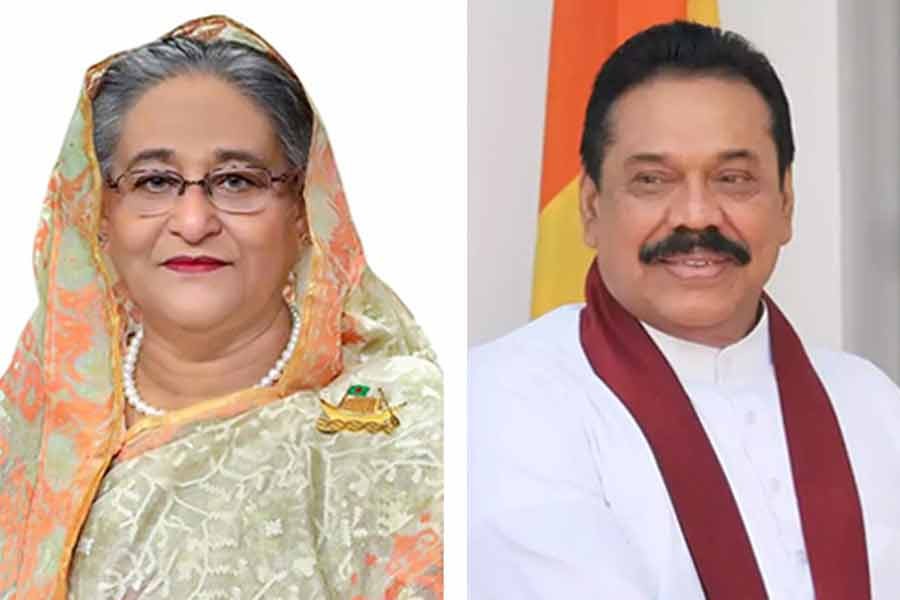Amulya Ganguli
Prime Minister Narendra Modi is only partially right in claiming that the recent District Development Council (DDC) elections in Jammu and Kashmir have demonstrated the strength of Indian democracy.
Considering that democracy was snuffed out on August 5, 2019, with the stationing of half a million troops, the arrest of political leaders and the curtailment of telecommunication services in the Kashmir valley, it will take more than one round of local elections to revive the democratic way of life in its entirety in the militancy-hit region.
Deep polarization
The fact that the Muslim-dominated Kashmir region recorded a voting percentage of 31.5 against 68.5 in Hindu-majority Jammu shows that the resentment against the Modi government for ending Jammu and Kashmir’s special status by abrogating Articles 370 and 35A of the constitution hasn’t subsided.
In contrast, the much higher participation of the electorate in Jammu underlines the approval of the people there for the peremptory obliteration of the state’s autonomy and its conversion into a Union Territory.
Moreover, the differences in the vote share between the two regions are an indication of the continuing Hindu-Muslim polarization, which is seen by the Bharatiya Janata Party’s (BJP) critics as being at the root of the party’s overall policy.
It is obvious, therefore, that while the gutting of Articles 370 and 35A is seen in the Kashmir valley as an ‘assault’ by a right-wing Hindu nationalist regime on the Union Territory’s distinctive Muslim identity, the step is applauded in Jammu for precisely the same reason.
It will be erroneous to interpret the elections, therefore, as an example of the strength of Indian democracy since the contest appears to have reinforced the existing communal divide. As long as there are no signs that this divide is being bridged, democracy cannot be said to have won in Jammu and Kashmir.
Winning the hearts of the people
It was to emphasize the idea of the commonality of the two regions and the two communities that former prime minister Atal Bihari Vajpayee, who was seen as a moderate in the BJP, laid stress on the propagation of insaniyat (humanism), jamhooriyat (egalitarianism) and Kashmiriyat (Kashmir’s innate identity of amity). These were the parameters under which he wanted the Kashmir issue to be tackled.
This lofty ideal cannot be achieved merely via elections even if these constitute an important part of the democratic system. Along with them, there is the need to win the hearts and minds of all the people of the Union Territory and not of only one region as at present.
Unless demonstrable progress is made towards achieving such an overall unity, only one step forward can be said to have been taken via the district council elections while the rest of the journey remains incomplete.
It is known that successive governments, of both the Congress and of the BJP under Vajpayee, had been trying to take all the people of Hindu Jammu, Muslim Kashmir and Buddhist Ladakh towards the goal of togetherness. (Ladakh has now been hived off from Jammu and Kashmir and made into a separate Union Territory).
The present ruling dispensation in New Delhi also took a conciliatory path when it appointed former intelligence officer Dineshwar Sharma to mediate between the various groups, including separatists, to find a solution to the Kashmir ‘problem’ which was believed to be behind the sense of alienation among the people and persuaded a section of youths to join the Pakistan-inspired insurgent groups.
Time will show whether by abandoning the path of negotiations and imposing what was perceived as draconian measures in 2019, the government has succeeded in bringing the valley closer to the rest of the country, as it claims, or pushed it further away.
If the latest electoral outcome is considered, it may have done the latter because those who have been calling for the restoration of Kashmir’s special status has won a majority of the councils by winning 112 seats against the BJP’s 75.
Known as the People’s Alliance for the Gupkar Declaration – the declaration being in favor of securing the Union Territory’s special status – the group, which includes former political party rivals like the National Conference and the People’s Democratic Party (PDP), can legitimately claim to represent the voice of the people of the valley.
BJP’s first success in Kashmir
However, if Indian democracy can be said to have demonstrated its strength, it is in the BJP’s unexpected success in winning three seats in the valley, including one in Srinagar, though in a predominantly Shia area. The Shias are known to be generally less critical of the BJP than the Sunnis.
This is the BJP’s first success in the valley where it has always been regarded as untouchable. However, since local elections generally reflect the popularity of candidates belonging to the area, an outcome that ignores the wider political divisions is not unusual.
The next step in the Union Territory will be the assembly elections, which will test the real mettle of the contestants, especially the Gupkar group and the BJP. Even if the BJP scores a runaway success in the Jammu region, as is likely, a higher voter turnout in the valley is bound to help the Guar alliance fare better than what it did in the district council polls.
If it succeeds in securing a majority, which is not beyond the realms of possibility, it will probably pass a resolution in the assembly seeking the restoration of status quo ante in the Union Territory. South Asia Monitor

